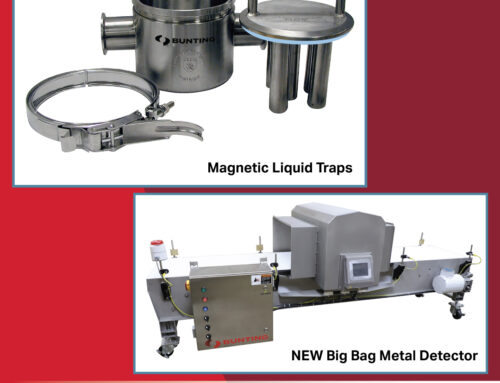Now more than ever is the time to recession-proof your business. We are already in a recession due to the Coronavirus pandemic. Many businesses have taken to cutting costs like vendors and employees, not to mention shutting their doors. But is that enough? It might be a band-aid, but what happens next time? According to the Capital One Small Business Growth Index (Fall 2019), 85% of small business owners say their business would be impacted if the economy entered a recession in the next six months, yet only 32% say they feel fully prepared for a potential recession. Somehow that math doesn’t add up.
So given that it is a matter of when—not if—a recession is coming, what are small business owners to do now?
- Reducing employees
- Eliminating vendors
- Reducing hours
- Cutting costs
- Shutting doors
These are the most common ways a business will try and recession-proof. But simply put, it doesn’t work. You have to change and adapt to survive and be ready for the future.
It’s time to really look at your messaging, strategies, and business practices. Take the below to the next level of planning and implementation. (Especially now):
-
Take control of your cash flow
A surprisingly large number of business owners do not have a handle on their cash flow or even know their numbers. This fact always stuns me. When I owned my business I could always tell you exactly where I stood. It is no wonder that 82% of businesses fail because of cash flow issues, according to a study by U.S. Bank. Remember that if you don’t know where you are it is impossible to truly get where you want to go.
-
Build multiple revenue streams
I am shocked by the number of businesses that have only one revenue stream and think they will survive the next recession. Yes, you might make it through a few of them if you have a good handle on your business, but multiple revenue streams allow you to diversify your income and not hurt quite as bad when a recession does hit.
-
Invest in your client relationships
You should always be looking for new clients. You should always be investing in new ways to reach them. However, you should also invest in your current clients. Those relationships during a recession are actually more valuable. They buy gift cards which are essentially 0% loans to your business, they will be there when the economy bounces back and they are good at generating new clients.
-
Build your business to sell it
I know this doesn’t sound like the best advice sometimes. But hear me out.
Building your business with the intent of selling it doesn’t mean you actually have to do so. What it means is that your business isn’t only built around you. You have multiple revenue streams, a staff that encourages growth and is self-motivated, and most importantly you know that your business is there to serve others and not just you. Your clients are what make you successful and your clients are who your business serves. Getting that right, makes your business sellable. Making your business sellable gives you a lot of options for the future.
-
Create an image and reputation that makes you different
Brandon Lucero, CEO of Sold With Video
“One of the best ways to recession-proof your business is to find a way to position it in a unique way that appeals to one identity. For example, there are a ton of coffee shops and they are likely all positioned as standard ‘coffee shops.’ However, if one of them changed their name, names of the drinks, had areas for kids, and catered to the identity of parents, it would be the coffee shop for parents. It would stand out and attract a huge percentage of a certain type of identity or demographic—in this case, those that identify as parents.
“People will still spend money in a recession and they will almost always choose a business that caters and reinforces their identity.”
-
Get financing before you need it
Let me start by saying that I truly hate loans. Especially since there are companies that are built on creating debt just for small businesses. The best way to secure financing when you need it is by creating a cash reserve. A DEEP cash reserve. Now, conventional wisdom would suggest that a business has three times its monthly expenses in savings.
Example: Expenses = $10,000 per month, therefore savings = $30,000
However, if there is one thing that the last recession taught us, it’s that times can be tough far longer than 3 months. I would say that a business needs to have 100% of all expenses covered for 12 months. This will first give you peace of mind and second, it will give you time and options when the next recession does hit.
All of that being said, If you need financing get it the right way. Talk to an expert that can guide you in the right direction.
-
Final step. DO IT



Leave A Comment
You must be logged in to post a comment.